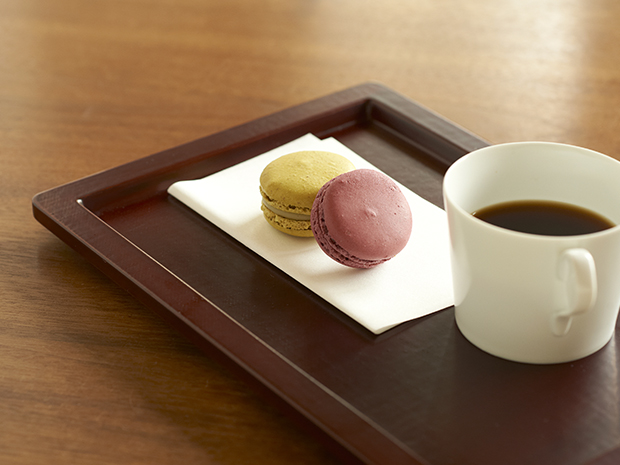Oizumi Kojo Nishiazabu: Tokyo’s Kombucha Café
Jun 29,2017
Oizumi Kojo Nishiazabu: Tokyo’s Kombucha Café
Jun 29,2017
Regular Japanese meals have long been enriched by many fermented foods including miso, soy sauce, vinegar, mirin rice wine, and fermented natto soybeans. Fermented foods and their umami flavorings are produced by the actions of endemic microorganisms and offer a host of benefits to the human body. Fermented foods, moreover, represent the crystallization of Japan’s great wisdom produced by our ancestors. In this series, we present the people and establishments connecting the fermented foods of today to future generations as well as fermented food recipes. Part 9 features Oizumi Kojo Nishiazabu, a store specializing in kombucha that opened recently, and asks the question: What is kombucha?
▶Tokuyama Zushi: Renowned Fermented Food in Shiga
▶Omotesando Chachanoma: Discover the World of Dark Tea
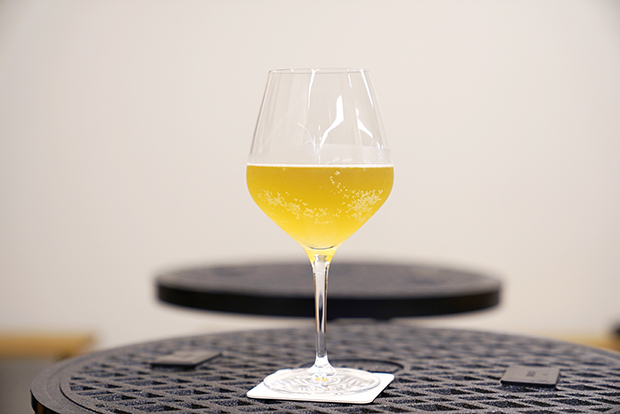
Oizumi Kojo Nishiazabu is a new, sparkling-clean, kombucha specialty store that opened on April 27, 2017, near the main Nishi Azabu intersection in Tokyo. Although its name is still unfamiliar in Japan, kombucha is a popular fermented-tea health drink in the United States.
“There was a boom in the 1970s in Japan of what was then called black tea fungus. Kombucha is essentially an evolved version of black tea fungus. We add acetic acid bacteria and SCOBY, a symbiotic culture of bacteria and yeast, to tea (green tea, black tea, and other varieties) sweetened with sugar, and let it ferment while feeding it oxygen and glucose. At our shop, we let it ferment for six days and then transfer it to a special tank to carbonate the liquid. The carbonation is about half as strong as beer. Apparently, the original black tea fungus had a very sweet and sour taste due to its high sugar content and deep fermentation, but kombucha is much more drinkable.”

The developer of Oizumi Kojo’s kombucha is Shimada Yuji, a former craft beer brewer. Straightaway, he pours us a glass of kombucha, the modern black tea fungus.
Our immediate reaction was just how refreshing it is, like a carbonated fruit drink with notes of apple and grape. The fruity acidity is just right, the aftertaste is crisp and clean, and the fermented aroma is very similar to wine. It is definitely an addictive taste.
“We serve our kombucha in wine glasses so guests can fully enjoy the aroma and taste. Kombucha is huge in the U.S., with over 200 brands on sale, and supermarkets even have dedicated kombucha sections. We researched a lot of factors to arrive at this taste, including choosing the right tea leaves and SCOBY, adjusting the amount of sugar, and trying different fermentation times, pH levels, and carbonation strengths.”
People today tend to have alkaline gut microbiomes due to irregular diets and stress. This environment can promote the overgrowth of harmful bacteria, which can lead to weakened immune systems and allergic diseases. The popularity of kombucha is a reaction to this tendency. Oizumi Kojo’s kombucha contains over a hundred million acetic acid bacteria, millions of lactic acid bacteria, and copious polyphenols and has a pH level controlled to between 3.4 and 3.6. As such, kombucha is a modern health drink that increases the amount of helpful bacteria in the gut.


SCOBY is a gelatinous biofilm and symbiotic culture of a mixture of yeasts. The SCOBY mother takes about two weeks to form and will continue to reproduce rapidly under the right conditions. Although there are commercially available varieties of SCOBY, unsurprisingly Oizumi Kojo makes its own. “If you look closely, you’ll see a white film and a brown film. The white part feeds on sugar to propagate, while the brown film grows from tea components. If you try some, it actually tastes delicious, almost like nata de coco.”
We passed on tasting SCOBY, but the kombucha flavored with yuzu citrus and spearmint was delicious. All ingredients are organic, and no artificial sweeteners, flavors, or colorants are used.
“The world of fermentation is truly profound. We do not have 100 percent control over the fermentation process. Even when we make the same recipe exactly the same, the pH levels can often vary by 0.1. So in this sense, kombucha really is a living beverage.”
During our conversation, a steady stream of customers came into the store. Nearly all were non-Japanese who work or live in the area. Likely, they drank kombucha in their own countries. Oizumi Kojo Nishiazubu holds regular collaborative events such as yoga and sports. Anyone interested in health shouldn’t overlook kombucha.

No.1
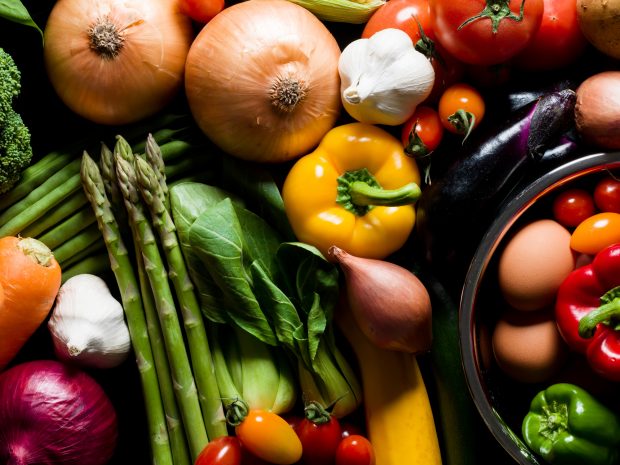
No.2
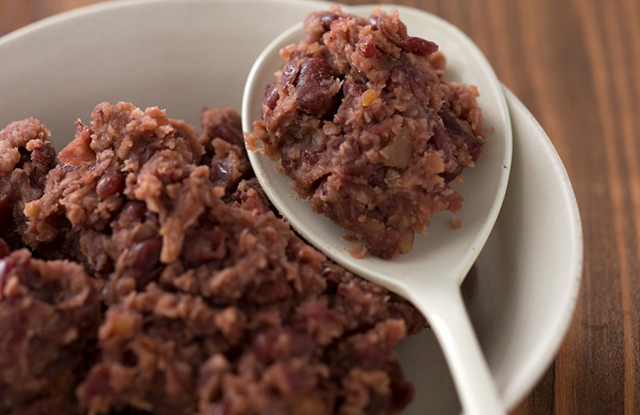
No.3
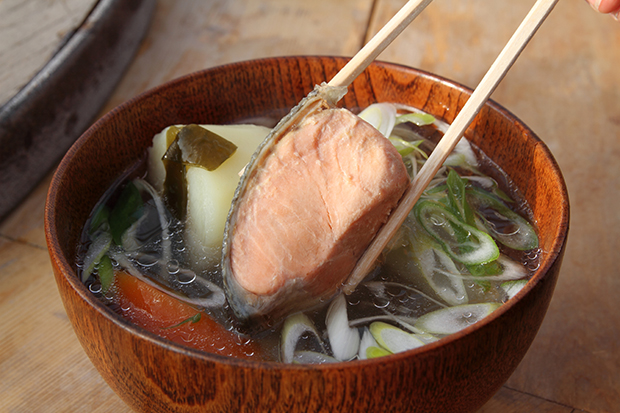
No.4
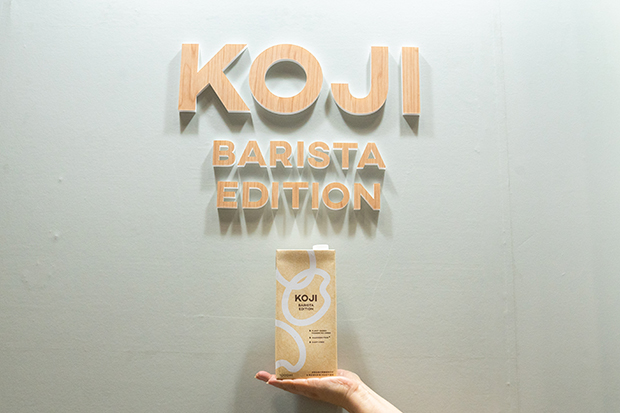
No.5
